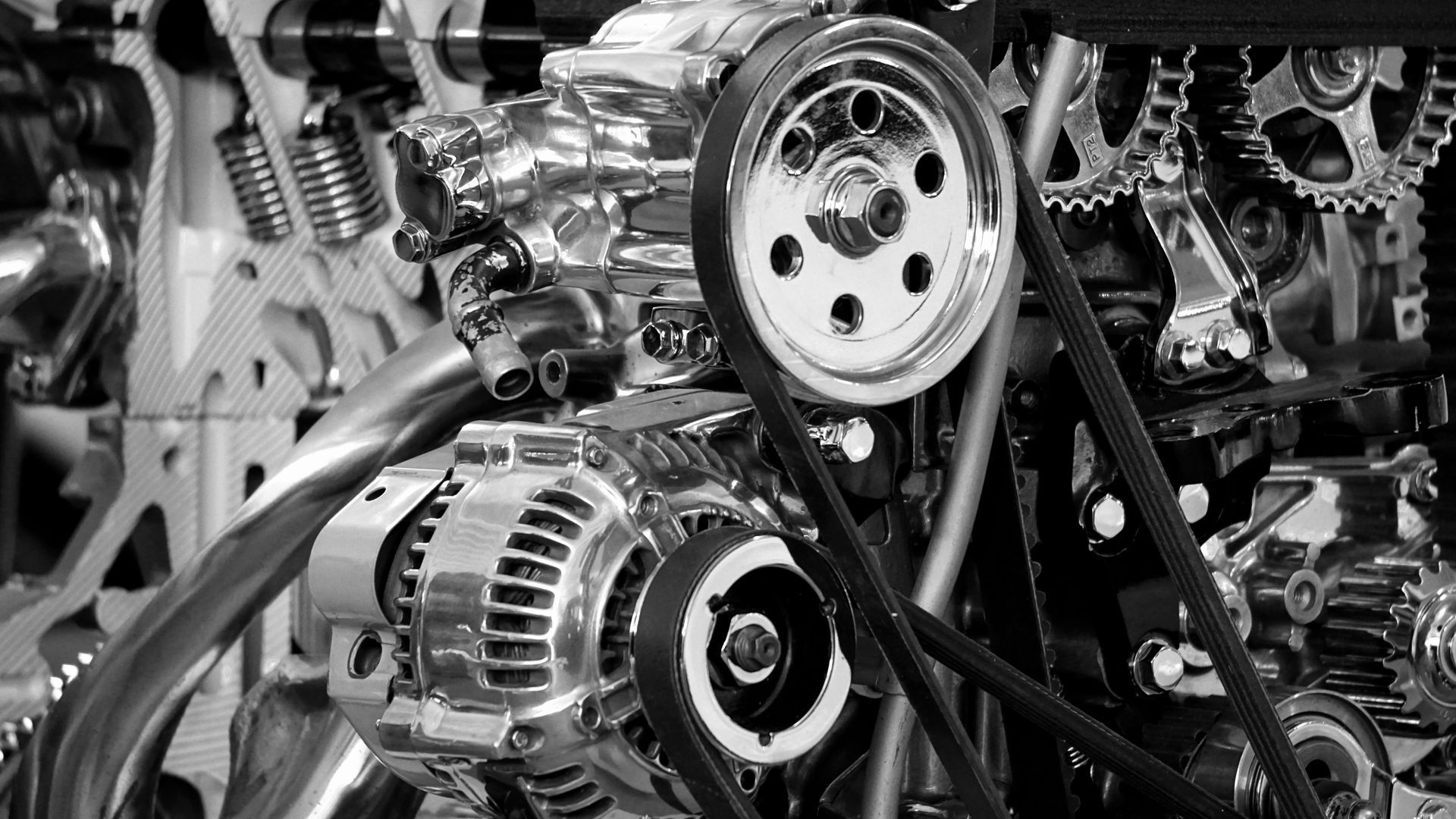Common Bankruptcy Questions
Posted 21 Sep, 2016

Questions About Bankruptcy?
1.) What is the difference between a chapter 7 and chapter 13 bankruptcy?
A chapter 7 is a "liquidation" bankruptcy that discharges your debts and you do not pay any of them back. Not all debts are dischargeable though such as some tax debts, criminal fines and most student loans. A chapter 13, on the other hand, is a wage earner's bankruptcy where you pay back anywhere from a fraction of what you owe up to the full amount. Debtors may file a chapter 13, as opposed to a chapter 7, for various reasons such as not passing the means test or they are trying to save their home and repay mortgage arrears.
2.) How long does a chapter 7 bankruptcy take before I receive a discharge?
Generally, once a ch. 7 is filed you will have one court appearance where you meet with the bankruptcy trustee assigned to your case. This is called the 341 Meeting of Creditors. Although it is referred to as the Meeting of Creditors, in most ch. 7 bankruptcy cases the creditors will not appear. The court appearance is usually only a few minutes long and in the vast majority of cases your 341 meeting will be closed by the trustee. Sixty (60) days after this your bankruptcy case should be closed and you will then receive a discharge of your debts. The discharge means you no longer owe the debts listed in your bankruptcy.
3.) Do I have to stand before a judge in a courtroom?
Nope, you will meet with the trustee assigned to your case at the court appearance where he will ask you questions for a few minutes. You will be prepared for the types of questions beforehand and you will feel comfortable by the time your court date arrives.
4.) I thought chapter 7 bankruptcy stopped the foreclosure? Can the bank still take my house?
When you file Bankruptcy, you receive an "automatic stay" on court actions such as foreclosures and sheriff's sales. A creditor can still go into court and ask the bankruptcy judge for a "relief from stay", and if granted the creditor can proceed with a court action to foreclose.
5.) Can I keep some of my debts out of my bankruptcy?
Nope, you must list all of your debts as well as assets in your bankruptcy petition. Debtors are not allowed to pick and choose whom they want to pay back. You may still voluntarily pay back a creditor, such as a family member, car loan or mortgage once your bankruptcy is discharged although you are under no legal obligation to do so.
6.) Can I change my Chapter 7 to a Chapter 13 and vice versa?
Yes, in most cases you are permitted using a "motion to convert." In certain instances you may want to do so if you can no longer afford your chapter 13 plan payments. You may want to convert to a chapter 7 to discharge the debt. A trustee may also make the motion to convert if he feels you have money to pay back some of your debts in a chapter 13. This may happen in rare instances such as if a debtor fails to disclose all of his or her income in the bankruptcy.
7.) Do my spouse and I have to file jointly?
Nope, the decision to file individually or jointly depends on your situation. For instance . . .
- If only one spouse owes all or most of the debt then only that spouse should file.
- If both spouses owe the debt and want to file a chapter 7 then both can file.
- If you're trying to stop a foreclosure then only one spouse who is on the title to the home needs file a Chapter 13.
8.) Are my family, friends and co-workers going to find out that I filed for bankruptcy?
It is a matter of public record that you filed for bankruptcy but in most cases only your creditors are notified that you filed. No one else will know unless you tell them or they do a search in the public court records.
9.) What does it mean to reaffirm a debt such as a car loan?
This means you would become personally liable for the debt again. Sometimes you may reaffirm a debt such as a car loan. The bank may require it or they can repossess your car, even if you are current with the payments. Bankruptcy may be considered a default under your loan terms and some financing companies may repossess the vehicle. I will explain during your free initial consultation whether or not I think it is a good idea to reaffirm depending on your particular case.








